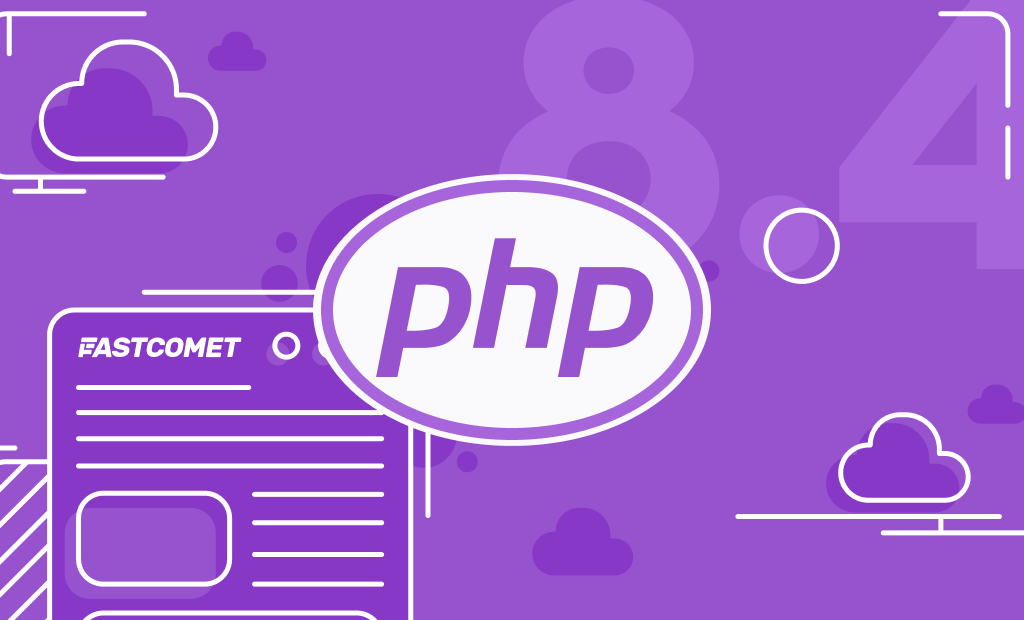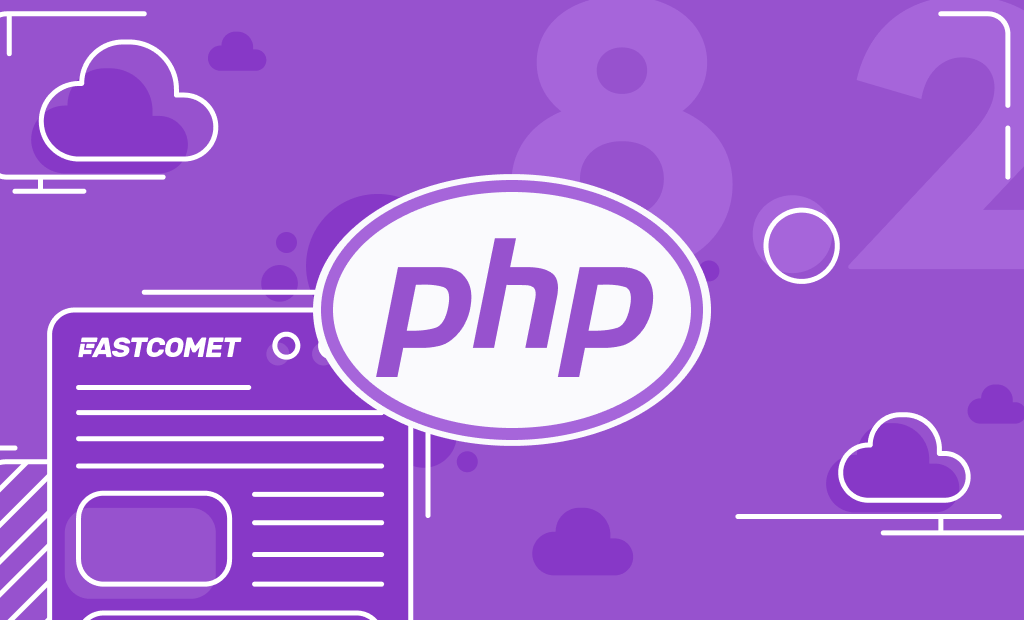
CodeIgniter vs. Laravel: A Skirmish Between PHP Frameworks
Choosing the correct framework is essential for app development. However, amidst the numerous potential frameworks, one could need clarification about picking the most suited one for their organization.
For web app development, not only the framework but also the scripting language are essential. Among the numerous programming languages, PHP is the top choice of many developers. PHP is a standard programming language used to construct solid and dynamic websites and applications. It is widely used for developing bespoke solutions and is highly recommended by developers worldwide.
Several PHP frameworks are accessible on the web nowadays, but two stand out above the rest: Laravel and CodeIgniter. Entrepreneurs and company owners sometimes need clarification on these two well-known frameworks. As a result, the purpose of this blog is to evaluate both PHP frameworks to their core and assist you in selecting the best framework for your next project.
Let’s kick off with a little introduction to both the PHP frameworks and get to know them better before commencing with the comparison.
What is Laravel?
Laravel is an open-source PHP framework widely used to develop web applications and help businesses thrive digitally. The framework utilizes the model-view-controller architecture with its source code published on GitHub. Laravel is a popular PHP framework because it adheres to strict language conventions and regulations.
Laravel has grown in popularity in recent years as more developers use it to create simplified web applications.
What is CodeIgniter?
CodeIgniter is another well-known and extensively used PHP framework ideal for creating fully working web applications. Furthermore, when it comes to constructing dynamic websites using PHP, CodeIgniter reigns supreme.
Furthermore, CodeIgniter gives users unlimited flexibility since it does not rely on the MVC design. This PHP framework also supports third-party plugins, which is vital for implementing complex features in the project. Finally, it has excellent security and encryption capabilities.
Let’s discuss the pros and cons of these PHP frameworks.
After the brief introduction of these PHP frameworks, let us move ahead and discuss the pros and cons of Laravel and CodeIgniter one by one.
Pros of Laravel
- Laravel comes with a plethora of pre-packaged utilities for authentication, API testing, and more.
- Laravel contains a templating engine called Blade that provides the tremendous capability for formatting data and developing sophisticated web layouts.
- In comparison to other PHP frameworks, Laravel is simple to learn. Furthermore, user documentation is in its most basic form.
- Laravel’s Artisan CLI automates every repeating operation and provides contemporary code for databases, migrations, and bespoke solutions.
- Laravel’s reverse routing is a unique feature that allows for the automated propagation of route modifications.
- Laravel features a dependency injection functionality that injects class dependencies into a class using a constructor or setter method. It offers a user-friendly testing environment as well as automatic loading dependencies.
- Laravel provides expressive testing techniques with a PHP unit that simplifies user behavior and reduces testing time.
Cons of Laravel
- Laravel is exceptionally lightweight, and although some perceive it as a benefit, it has its downside too. The lightweight nature of Laravel leads to backend congestion of database queries and lower performance of the framework.
- Although Laravel is open-sourced and has a vast community, it is less reliable for third-party libraries.
- Because of the large Laravel community, evaluating which library is reliable and high quality takes time and effort.
Pros of CodeIgniter
- Because CodeIgniter is a lightweight framework, it has a reduced footprint. CodeIgniter is speedier than other popular frameworks due to its minimal footprint.
- CodeIgniter requires no additional work or complexity to set up and utilize for both novice and professional PHP coders.
- CodeIgniter has a robust community that helps PHP programmers and developers utilize CodeIgniter to create a wide range of online solutions.
- CodeIgniter speeds up web applications by providing page and database caching.
- CodeIgniter allows programmers and developers to construct secure PHP programs packed with functionality.
- Many tools are available in CodeIgniter to safeguard online applications from security concerns such as SQL injections, cyber assaults, and code execution.
Cons of CodeIgniter
- When it comes to code maintainability, CodeIgniter has specific challenges. It is time-consuming for developers to update, alter, and maintain the code.
- CodeIgniter’s libraries are less extensive than other current PHP frameworks.
- Development and growth in CodeIgniter have slowed, with fewer updates. This often causes the version to stay in sync.
Laravel vs. CodeIgniter: Use Cases
Let’s glimpse at the use cases of Laravel and CodeIgniter to understand the kinds of web apps these two frameworks are suitable for.
Laravel Use Cases
- SaaS-based web applications;
- On-demand streaming apps;
- E-learning and education apps;
- Web apps with rewards and recognition features;
- Multilingual CMS systems;
- Stock trading-based web apps.
CodeIgniter Use Cases
- Saas-based web applications;
- eCommerce web applications;
- On-demand web streaming apps;
- Customized CRM;
- Invoice management system;
- POS (point of sale) system.
The major body of this blog now begins with a comparison between Laravel vs. CodeIgniter. We shall compare both frameworks using a few critical criteria. So, keep reading to find out what these variables are and which fits you best. Let’s get started!
Laravel vs. CodeIgniter: The Ultimate Comparison
Scalability
Regarding scalability, Laravel derives it from PHP since it helps expand organizations with a robust database. Laravel is capable of tremendous scalability. Laravel apps are scalable, utilizing MariaDB, AWS, and other sophisticated caching strategies.
Because CodeIgniter is a lightweight framework, it is a popular choice for creating highly scalable applications. Scalability in CodeIgniter may be done via caching without interfering with speed.
Thus, when it comes to scalability, both Laravel and CodeIgniter provide.
Trends and Popularity
Laravel is one of the most widely used frameworks. Many developers like its expressive code and other appealing characteristics. As a result, Laravel has garnered quite a reputation in terms of popularity.
In terms of popularity, though, CodeIgniter is second only to Laravel. Many developers like it for constructing robust web apps because of its lightweight nature and simplicity.
Laravel and CodeIgniter are both popular among developers, but Laravel earns a few points for its coding structure and appealing appearance.
In-built Modules
One of the most excellent things about Laravel is the availability of various built-in modularity capabilities. Developers in Laravel may partition a large project into smaller modules and work on them individually. This makes the development process more fluid and smooth.
CodeIgniter, on the other hand, lacks any built-in modularity capabilities. In CodeIgniter, developers must construct modules and manage them using modular extensions.
As a result, Laravel has the advantage in terms of in-built modules and modularity capabilities.
Microservices Compatibility
Laravel supports microserver compatibility because PHP enables microservices compatibility. In reality, the adoption of Laravel microservice architecture has increased dramatically in recent months.
CodeIgniter also allows you to use PHP technologies to create efficient microservices. CodeIgniter 3 works well with the microservice architecture. Furthermore, it simplifies the code and ensures optimal scalability, speed, and database support.
As a result, both Laravel and CodeIgniter are microservices compatible and support microservice architecture.
Database Support
Laravel now supports four database systems: Postgres, MariaDB, SQLite, and SQL. The query builder, raw SQL, and elegant ORM make database interaction easier. Laravel makes it incredibly easy to connect to numerous databases.
CodeIgniter has a fast database class that supports both standard structures and the Query Builder pattern. Furthermore, CodeIgniter’s clean and easy syntax makes it a popular PHP framework worldwide.
Both Laravel and CodeIgniter allow many databases and make the most of them for faster project development.
Community support
Laravel controls about 79% of the market for server-side web application development. Because Laravel has a large community with thousands of active users, every question is usually resolved within three days. Laravel developers routinely share Laravel podcasts, articles, and papers.
CodeIgniter is an open-source framework with a thriving community of developers and members that share and discuss innovative ideas. The CodeIgniter community is incredibly functional and responds quickly.
Laravel and CodeIgniter both have active and strong community support. However, Laravel has roughly 46k active users, and CodeIgniter has around 8k active users. As a result, Laravel’s community is vast, and assistance is smooth.
Popular Apps Built with Laravel and CodeIgniter
Here are the popular applications built with the Laravel framework:
- Laracasts;
- Barchart;
- Asgard CMS;
- World walking;
- Neighborhood lender.
Here are the popular applications built with the CodeIgniter framework:
- Casio America Inc.
- Nissan;
- Buffer;
- Firstcry.com;
- Fastphone;
- Creative genius Inc.
Conclusion
Following a comprehensive examination of Laravel vs. CodeIgniter, both of these PHP frameworks are highly popular and dependable. Because both frameworks are very competitive, you must choose the best PHP framework between the two.
If you are still undecided, why contact a team of PHP professionals to aid you in selecting the best framework for your next project? A PHP app development business will relieve you of all your concerns and assist you in choosing a framework that suits your project like a second skin.
You may also contact our PHP app development business and ask us any questions you have regarding CodeIgniter and Laravel development. You may also hire Laravel developers from our firm and delegate all project development concerns to us.

The latest tips and news from the industry straight to your inbox!
Join 30,000+ subscribers for exclusive access to our monthly newsletter with insider cloud, hosting and WordPress tips!



Comments (1)
Comparing CodeIgniter and Laravel is like witnessing a friendly rivalry between two PHP frameworks. While CodeIgniter boasts simplicity and speed, Laravel takes the lead with its feature-rich environment and elegant syntax. Choosing between them depends on your project’s complexity and scalability needs. For intricate projects demanding robust features, hire Laravel developers to leverage its advanced capabilities. Laravel’s ecosystem offers rapid development, built-in tools, and a vibrant community, making it a compelling choice for modern web applications. Ultimately, the skirmish between these frameworks highlights the diversity of options available. Make an informed decision based on your project requirements and consider the expertise of dedicated Laravel developers.